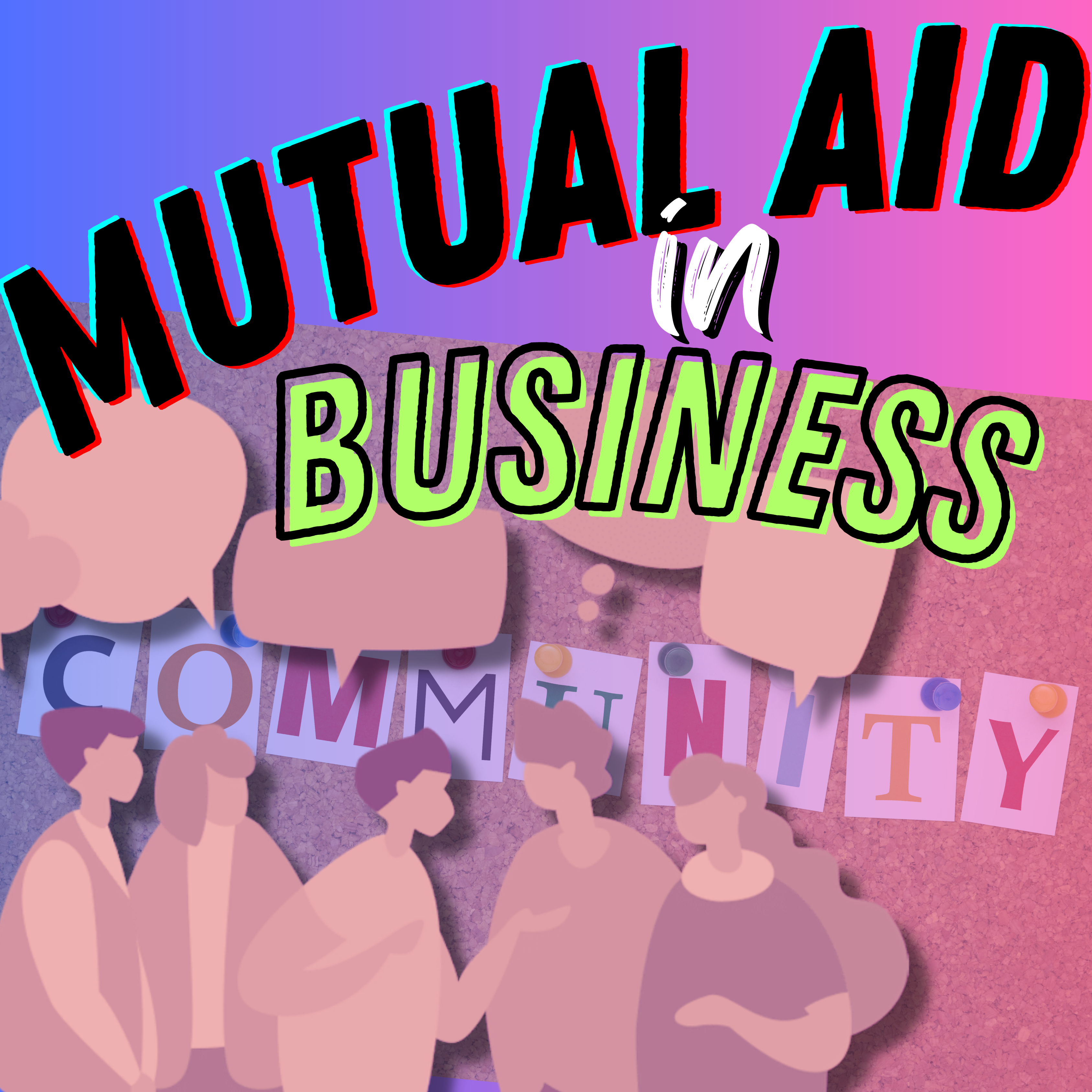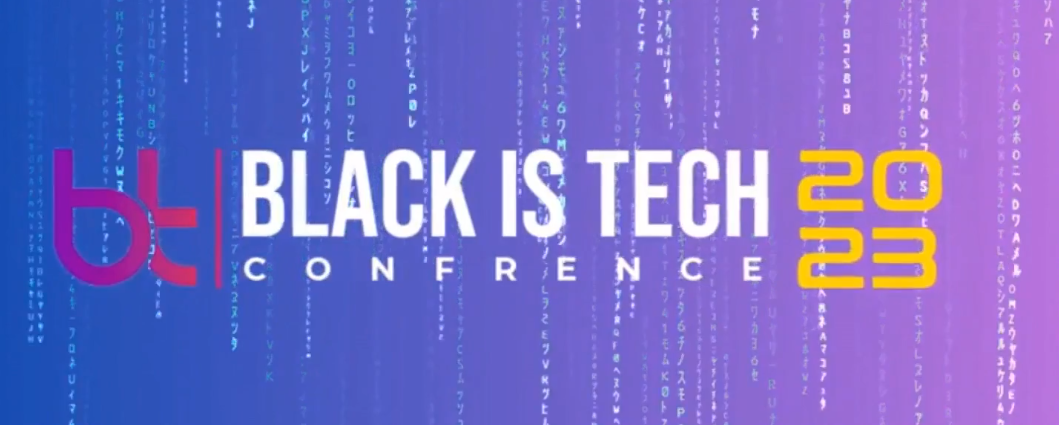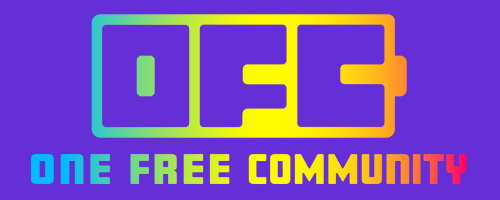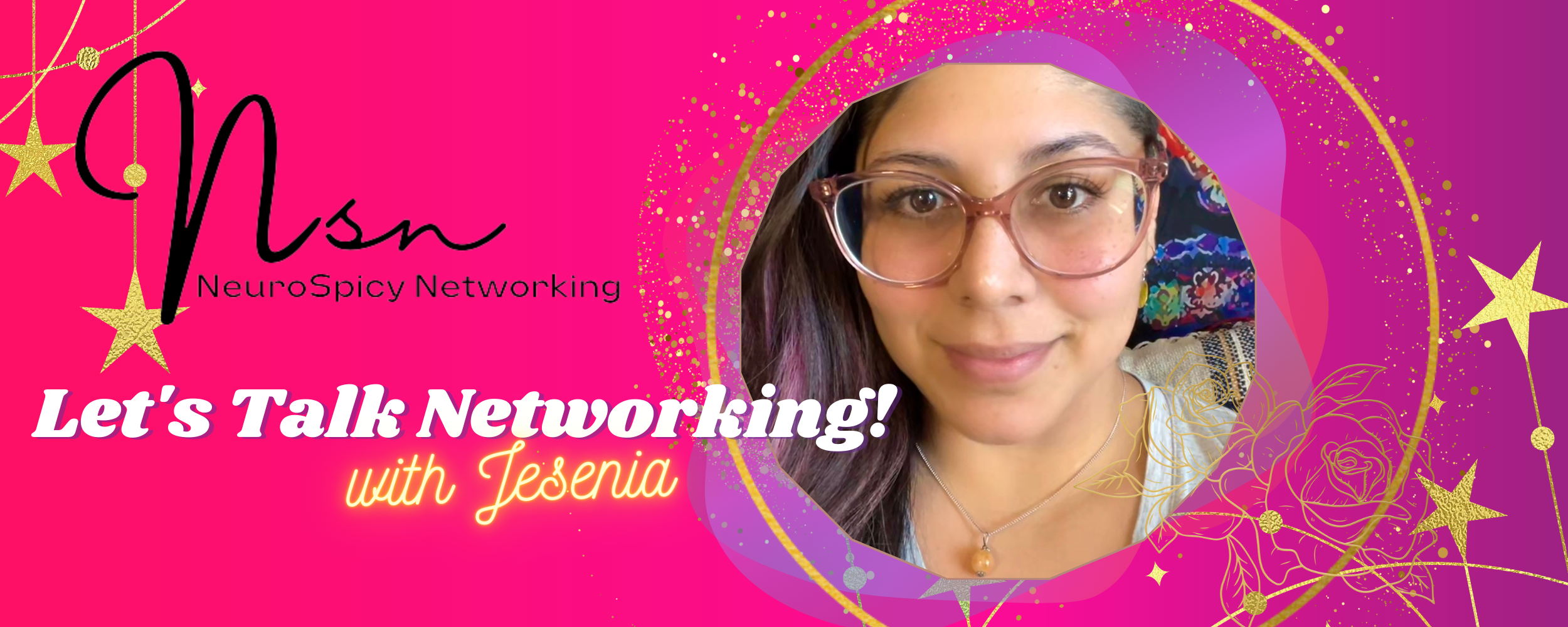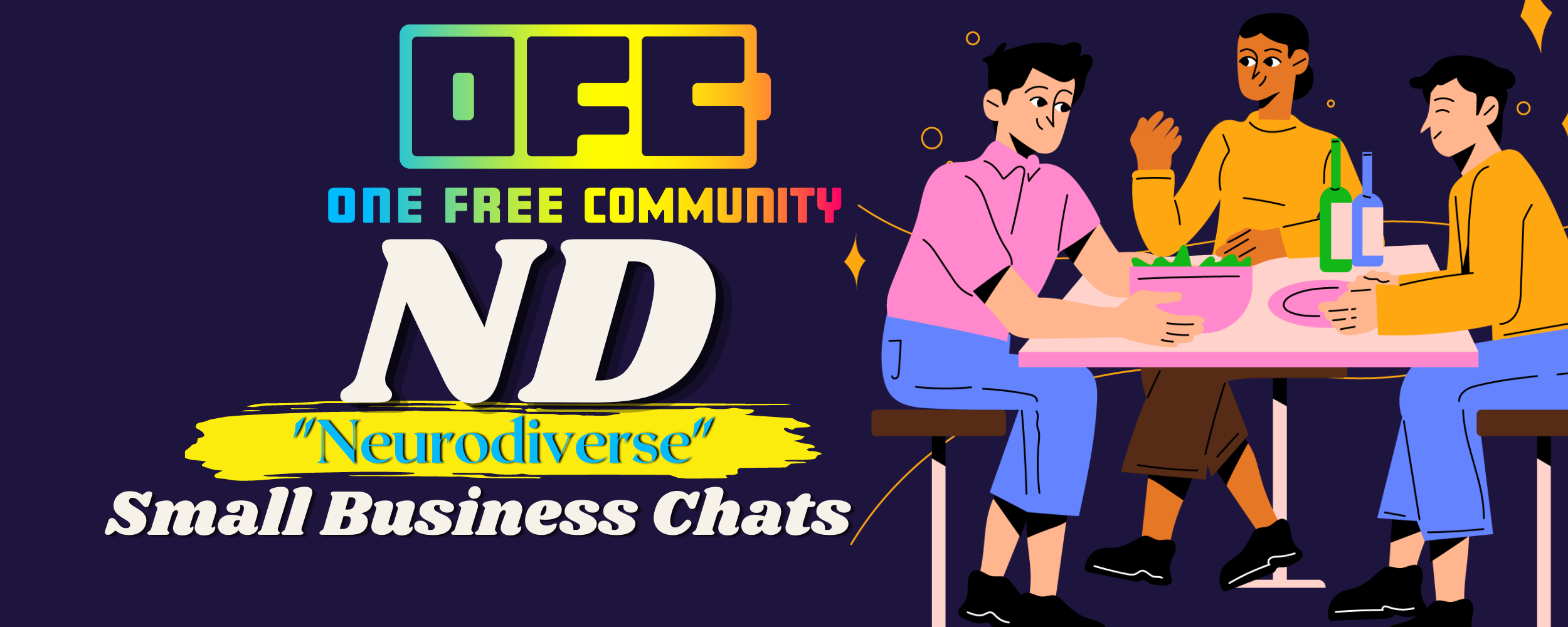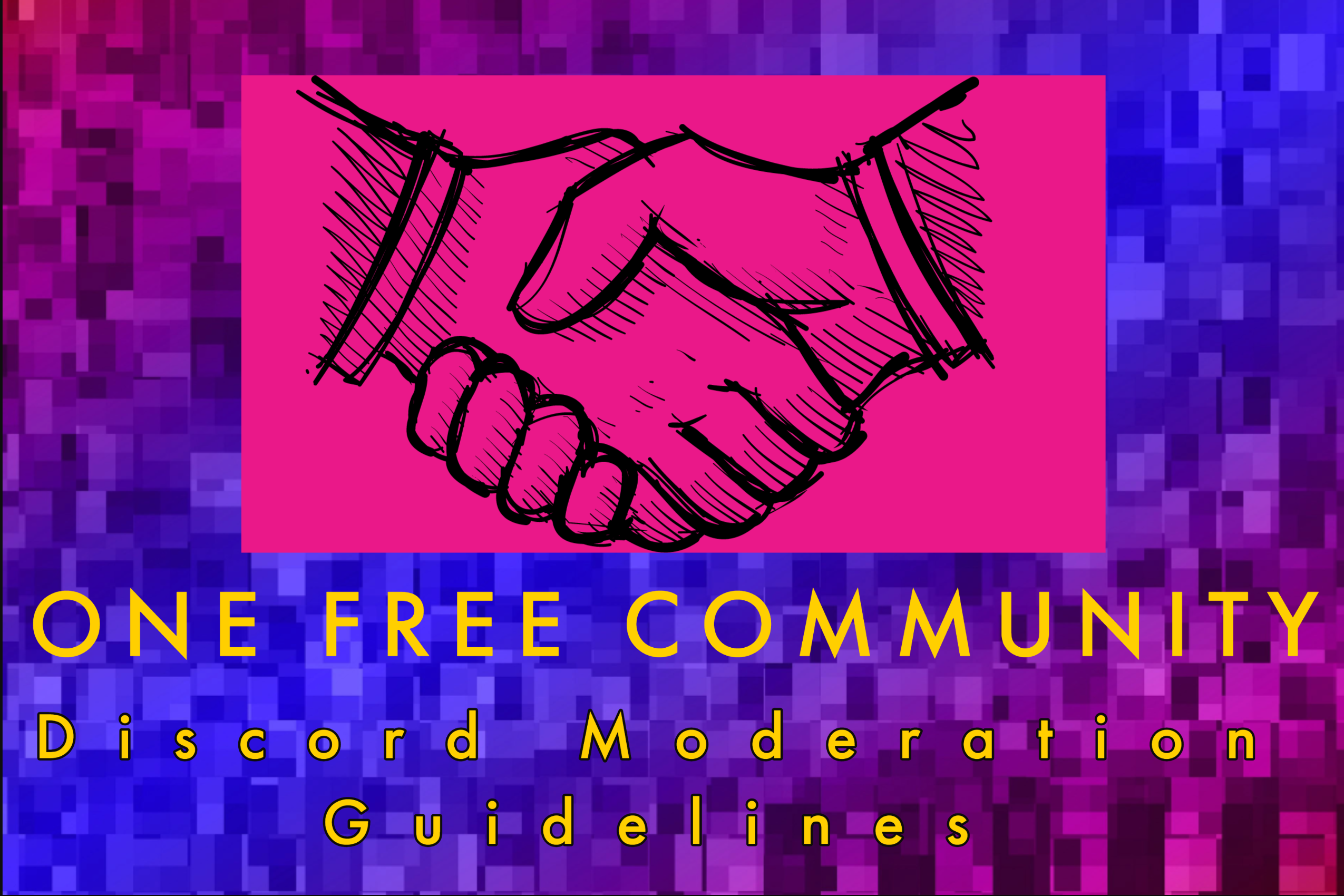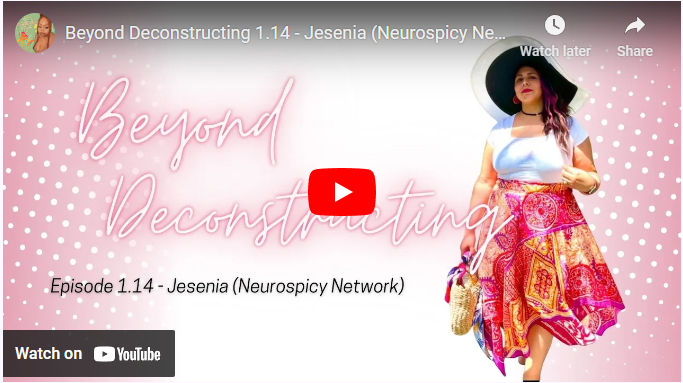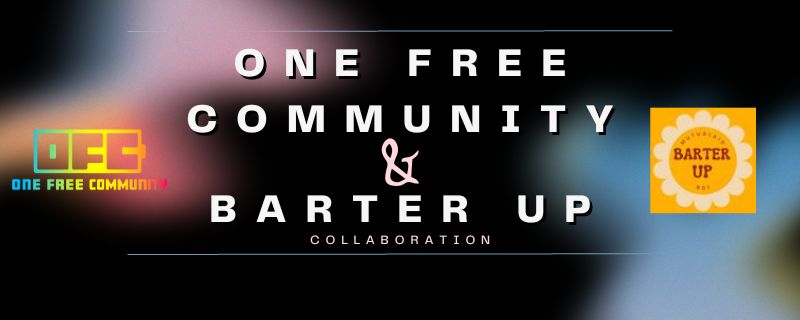
Embracing a Paradigm Shift: Redefining Community through Mutual Aid and Radical Generosity
Releasing hyper-individualism and self-interest and working together in community is needed to build a more inclusive world. Mutual aid and radical generosity offer transformative paths towards building a stronger, more equitable future. As we stand at a crossroads of societal evolution, it’s crucial to expand our understanding of what it truly means to be in community with each other.

